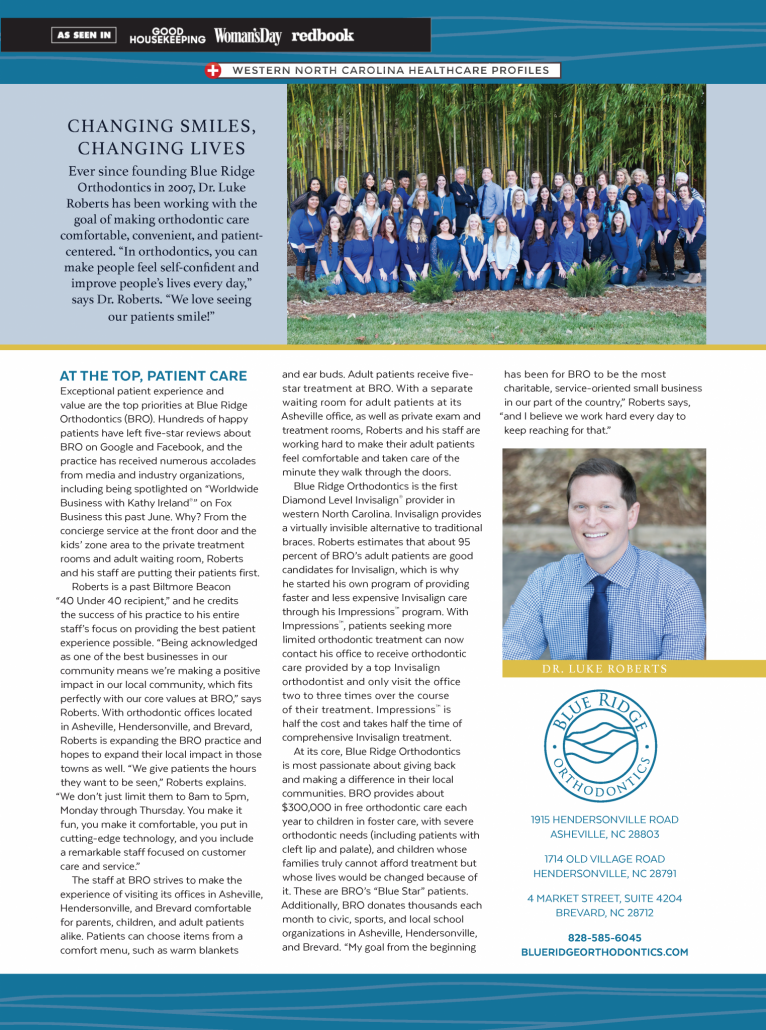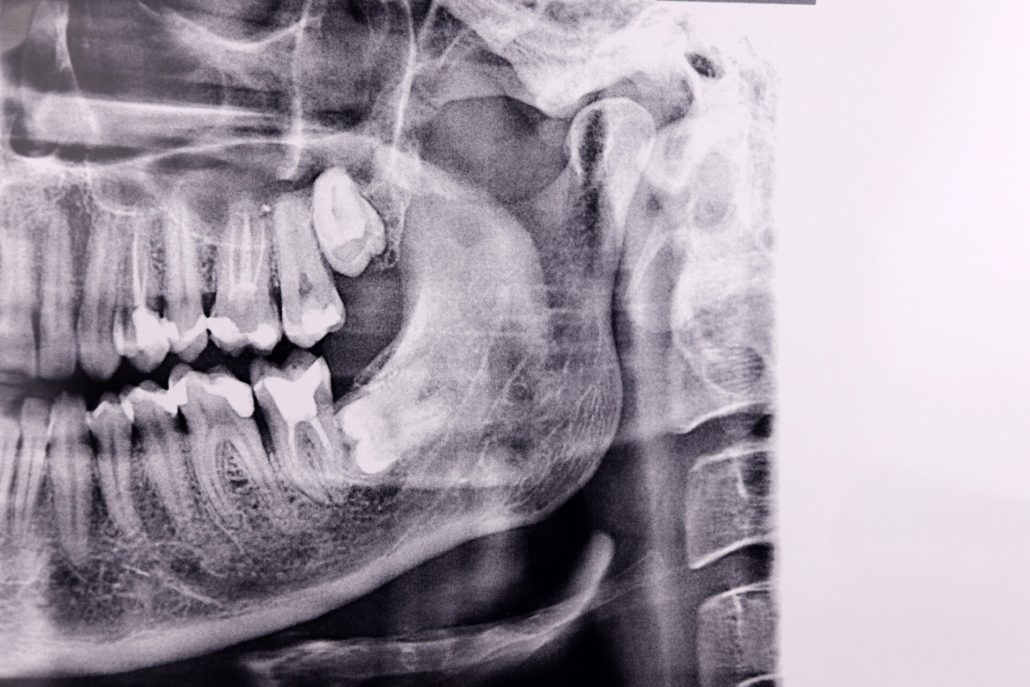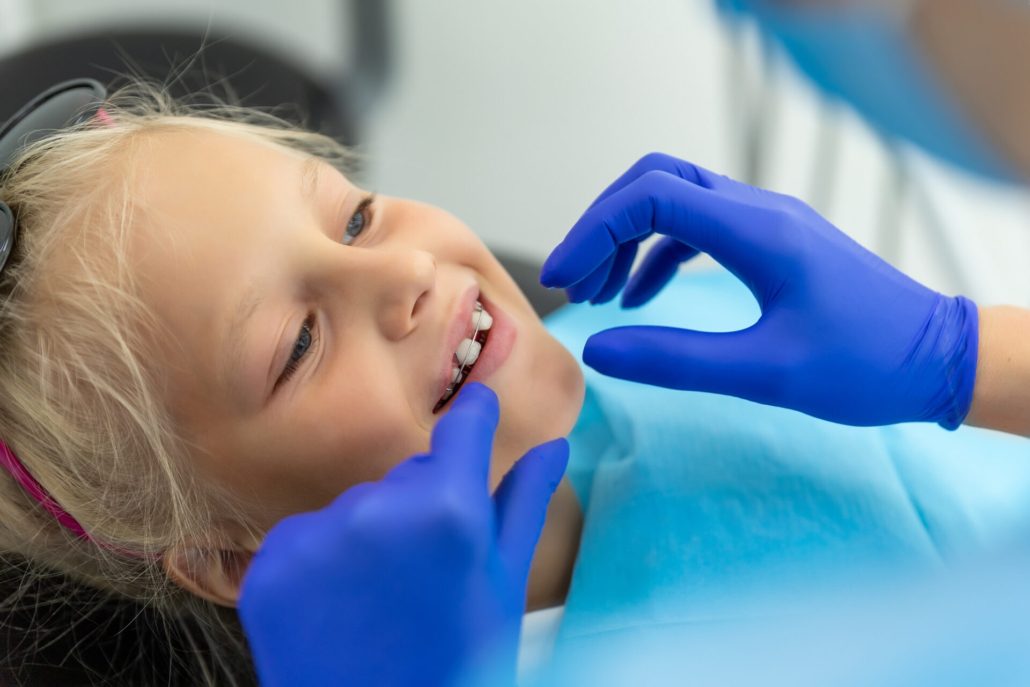Age is a common concern for people with wisdom teeth. It doesn’t matter if you are young or old; they can be removed. Age, in itself, is not a barrier to wisdom teeth removal.
In fact, wisdom teeth can be removed at any age. Younger adults get their wisdom teeth removed more often than middle-aged people, but that doesn’t mean our professional orthodontists can’t help you. We have helped young and old deal with the troubles of wisdom teeth. The real focus should be on the condition of your teeth and your overall oral health. It doesn’t matter if you’re in your 30s, 40s, 50s, or older, if your wisdom teeth are causing pain, crowding, or other dental issues, come into BRO for a dental check-up to see your options for treatment.
Age shouldn’t hold you back from treatment. In fact, it should encourage you to get treatment as soon as possible. As we age, the complications from wisdom teeth can cause even larger problems. On top of that, recovery from treatment may take longer if you’re older.
Don’t let the number of candles on your birthday cake hold you back from seeking the dental care you need. At BRO, we’re committed to ensuring that all your wisdom teeth-related questions are answered and that you receive the best possible care, regardless of age.







